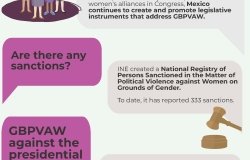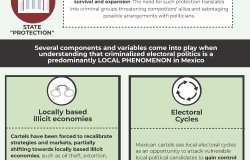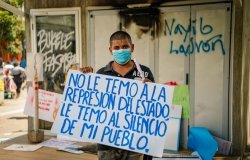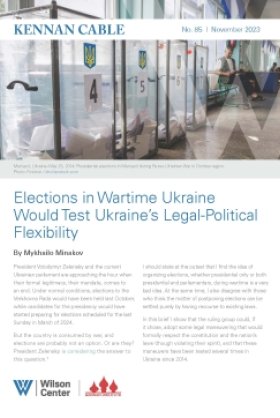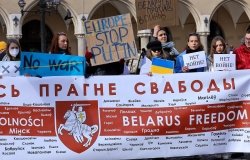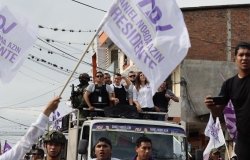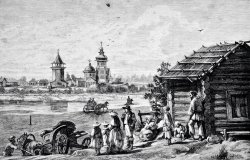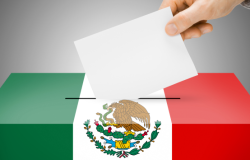#107 Petroleum and Political Facts: The Transition to Democracy in Venezuela
By Terry Karl
New concern over the prospects for democracy in Latin America and Latin Europe has focused attention upon the identification of conditions necessary for a successful transition from authoritarian rule. In the transitional process towards the establishment of a party system in late-developing countries, how much depends upon a structurally created opportunity for democratization? What is the role and relative weight of statecraft or political engineering? The Venezuelan experience of regime transformation in 1958, one of the few examples of durable transition in the continent of Latin America, lends important insight into the interaction between structure and political process.
This paper argues that the establishment of the party system in Venezuela can be explained by two inter-related factors. First, the petroleum-induced structural transformation of the economy and society, coupled with the subsequent provision of continuously expanding revenues, created the necessary, although not sufficient, conditions for political democracy. Second, the formation of pacts at the level of elites provided an essential element in the establishment and maintenance of a party system. These pacts cannot be interpreted as merely political arrangements. Instead, they represent negotiations and accommodations between political and economic actors, a fact often overlooked in the literature on elite or consociational democracy. If the interaction between petroleum and pact-making can explain the establishment of Venezuelan democracy, this same interaction limits the democratization process. Pacts have an inherently conservative bias which institutionalizes a new form of status quo. At the same time, the structural conditions which underlie these pacts change over time, induced by the dynamic role of petroleum in the national and international economy. The combination of frozen political arrangements in the face of rapidly changing conditions creates long-run problems for regime durability, problems which are only alleviated by the short-term use of petroleum revenues.
Related Program

Latin America Program
The Wilson Center’s prestigious Latin America Program provides non-partisan expertise to a broad community of decision makers in the United States and Latin America on critical policy issues facing the Hemisphere. The Program provides insightful and actionable research for policymakers, private sector leaders, journalists, and public intellectuals in the United States and Latin America. To bridge the gap between scholarship and policy action, it fosters new inquiry, sponsors high-level public and private meetings among multiple stakeholders, and explores policy options to improve outcomes for citizens throughout the Americas. Drawing on the Wilson Center’s strength as the nation’s key non-partisan policy forum, the Program serves as a trusted source of analysis and a vital point of contact between the worlds of scholarship and action. Read more


